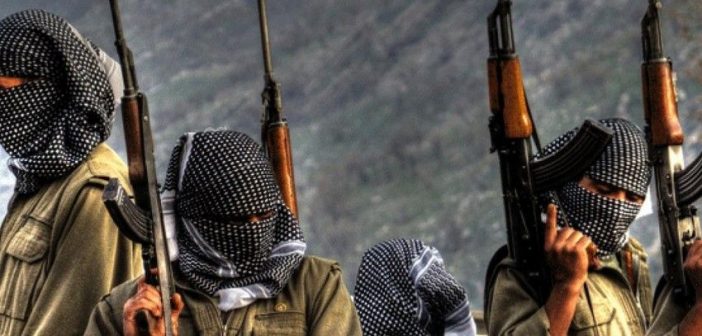Canada’s refugee system, while celebrated for its inclusivity, has often been scrutinized for sheltering individuals with criminal histories and dissidents whose actions violate both Canadian and international laws. These individuals, granted asylum or refugee status, often use Canada as a safe haven, escaping justice in their home countries. Below is a detailed list of known criminals, dissidents, and other controversial figures who have found refuge in Canada.
- Jaspar Atwal – A notorious example, Atwal, a Sikh separatist involved in the attempted assassination of an Indian politician in 1986, was granted asylum in Canada. His inclusion in a 2018 Canadian state dinner during Prime Minister Justin Trudeau’s visit to India caused international outrage, showcasing Canada’s leniency toward individuals associated with extremist groups.
- Talwinder Singh Parmar – Leader of Babbar Khalsa, Parmar was the mastermind behind the 1985 Air India bombing, one of the deadliest terror attacks against Indian nationals. Despite his extremist activities, Parmar enjoyed a period of asylum in Canada, evading prosecution until his death in India.
- Gurpatwant Singh Pannun – A vocal leader of the secessionist group Sikhs for Justice, Pannun continues to operate from Canada, pushing anti-India campaigns and advocating for Khalistan, despite his group being banned in India under the Unlawful Activities (Prevention) Act. His activities strain diplomatic ties between India and Canada.
- Tamil Tigers Supporters – Canada has faced accusations of hosting several supporters of the LTTE (Liberation Tigers of Tamil Eelam), a banned terrorist group. These individuals continue to fundraise and advocate for the organization, contributing to violence in Sri Lanka from the safety of Canadian soil.
- Inderjit Singh Reyat – Another individual tied to the Air India bombing, Reyat served time in Canadian prison but has been accused of providing false testimonies and obstructing justice in the long investigation into the terror attack.
- Mohammad Shafia – An Afghan-born Canadian citizen, Shafia and his family gained global attention for the so-called “honor killings” of his three daughters and first wife in 2009. His case brought to light Canada’s lack of scrutiny in allowing individuals with violent patriarchal attitudes to settle in the country.
- Iranian Dissidents – Over the years, Canada has granted asylum to several individuals tied to extremist Iranian opposition groups. These individuals include former members of groups like the People’s Mujahedin of Iran (PMOI), known for its violent past and controversial political stances.
Canada’s Leniency and Loopholes
Canada’s refugee system often relies on a Basis of Claim (BOC) form, which refugees submit upon arrival. This process is intended to vet applicants for ties to criminal organizations, but reports suggest that many slip through due to bureaucratic delays or an overwhelming caseload. The Immigration and Refugee Board (IRB) has been criticized for backlogs, and hearings to verify claims of criminality or war crimes are often delayed or neglected.
Furthermore, Canada has faced accusations of leniency towards individuals involved in terrorism. For example, some refugees associated with organized crime or terror activities continue to reside in Canada, benefiting from delays in deportation hearings or legal loopholes that protect them under human rights laws. Such delays, combined with Canada’s protective policies toward refugees, make it easier for these individuals to evade justice.
International Repercussions
Canada’s refugee protection policies, while humanitarian at their core, sometimes shield individuals who have committed grave crimes. This stance strains Canada’s international relationships, especially with countries like India and Sri Lanka, which have long requested the extradition of individuals accused of terrorist activities.
The presence of individuals like Pannun and Parmar in Canada’s public sphere fosters diplomatic friction, erodes trust, and highlights the inadequacy of existing refugee vetting mechanisms. Nations like India have called on Canada to take stronger action against individuals using Canadian soil to propagate extremist agendas.
The Need for Reform
While Canada takes pride in its refugee-friendly policies, the misuse of this system by criminals and dissidents raises significant concerns. Authorities must enhance vetting procedures, ensure timely hearings, and expedite the deportation of individuals with proven criminal ties. Such reforms are essential to preserving Canada’s reputation as a just and humane nation while respecting international law and maintaining positive diplomatic relationships.
This issue remains a delicate balancing act between protecting genuine refugees and ensuring that Canada does not become a sanctuary for individuals involved in terror or organized crime.





